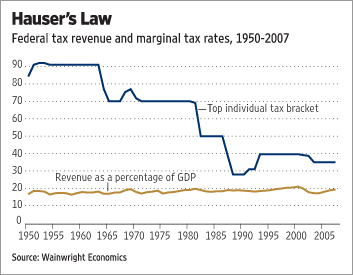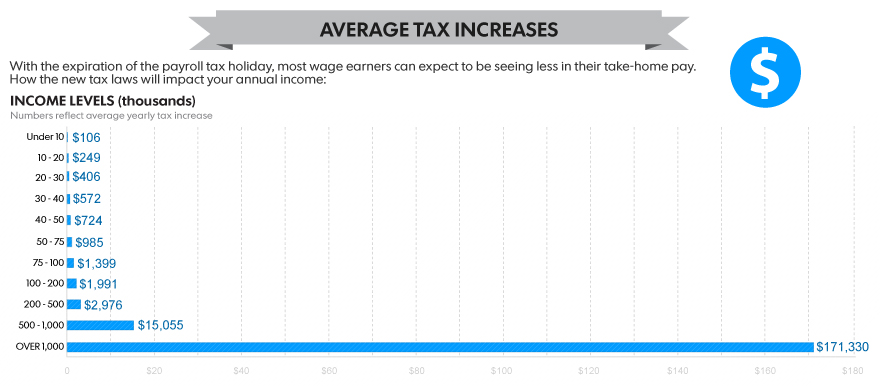- Joined
- Jan 24, 2017
- Messages
- 24,771
- Reaction score
- 24,153
- Gender
- Male
- Political Leaning
- Progressive
Look at countries like Germany and Sweden. They spend on a single-payer healthcare system. They also spend more on their citizens in general. But, they are taxed significantly higher than us. They provide more for their society without damaging their budget. Both countries run surpluses.
German budget surplus soars as economy motors ahead | Reuters
Conservative like to tell you spending is the problem. Yet we have so many outright refutations of their "spending is the boogeyman" talking point. The problem is the Tax CUTS!

That shows you the Bush Tax Cuts costed more than both wars Bush waged on the countries credit card. You guys don't realize that a tax cut that saves you two or three thousand per year, may feel nice and give you a cushion. But, the same legislation that gave you an extra two or three thousand, is giving the top an extra quarter million. A chunk of money they do not need and has no positive benefits for society from they're acquiring it. That's money that could've been used to build roads, schools, or provide healthcare to our citizens.
Once again, Germany high tax, high spending, runs a surplus. The problem is the tax cuts. Not the spending.
Also very boneheaded and deceptive move cutting HUD and Community Development Block Grants. It's not saving you any money, because those cuts in spending will be eviscerated by giant tax cuts coming.
German budget surplus soars as economy motors ahead | Reuters
Conservative like to tell you spending is the problem. Yet we have so many outright refutations of their "spending is the boogeyman" talking point. The problem is the Tax CUTS!

That shows you the Bush Tax Cuts costed more than both wars Bush waged on the countries credit card. You guys don't realize that a tax cut that saves you two or three thousand per year, may feel nice and give you a cushion. But, the same legislation that gave you an extra two or three thousand, is giving the top an extra quarter million. A chunk of money they do not need and has no positive benefits for society from they're acquiring it. That's money that could've been used to build roads, schools, or provide healthcare to our citizens.
Once again, Germany high tax, high spending, runs a surplus. The problem is the tax cuts. Not the spending.
Also very boneheaded and deceptive move cutting HUD and Community Development Block Grants. It's not saving you any money, because those cuts in spending will be eviscerated by giant tax cuts coming.
Last edited:



